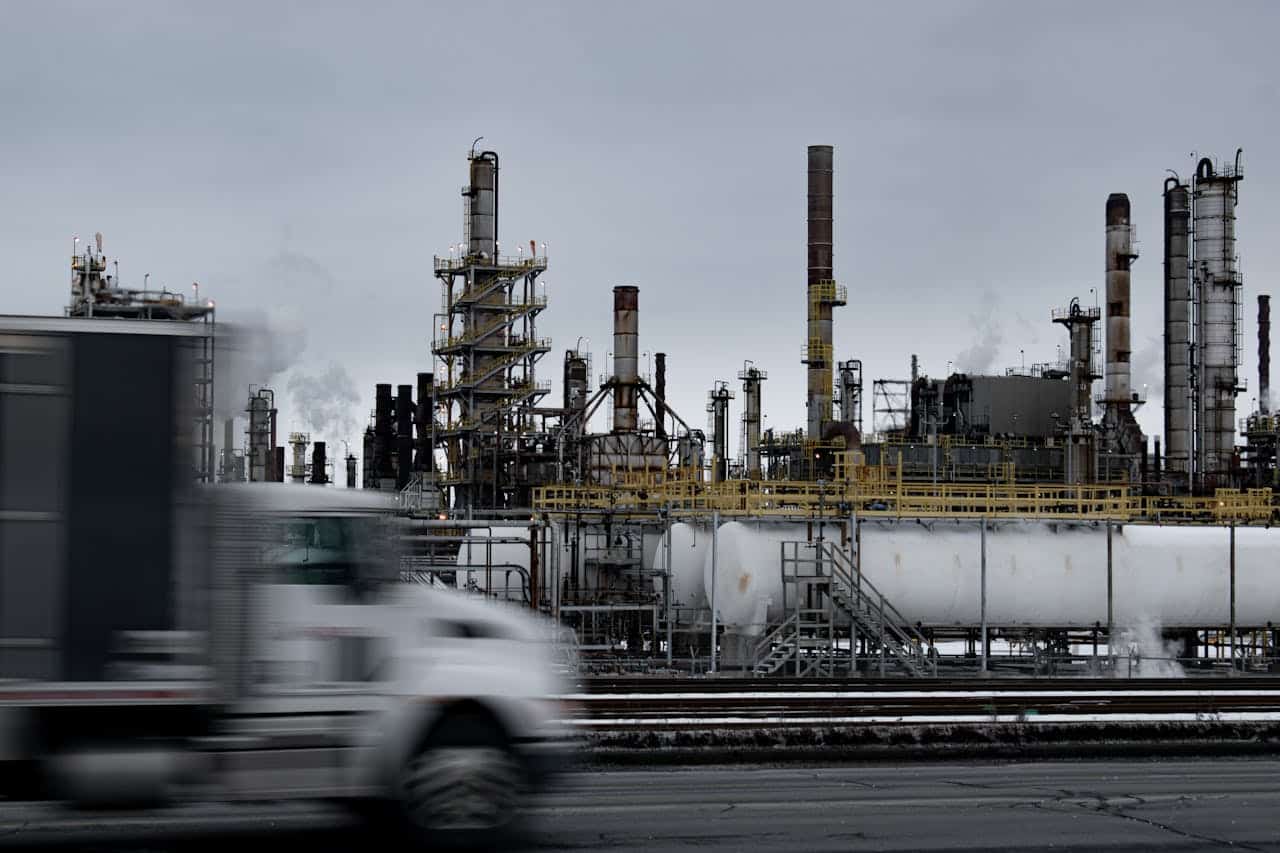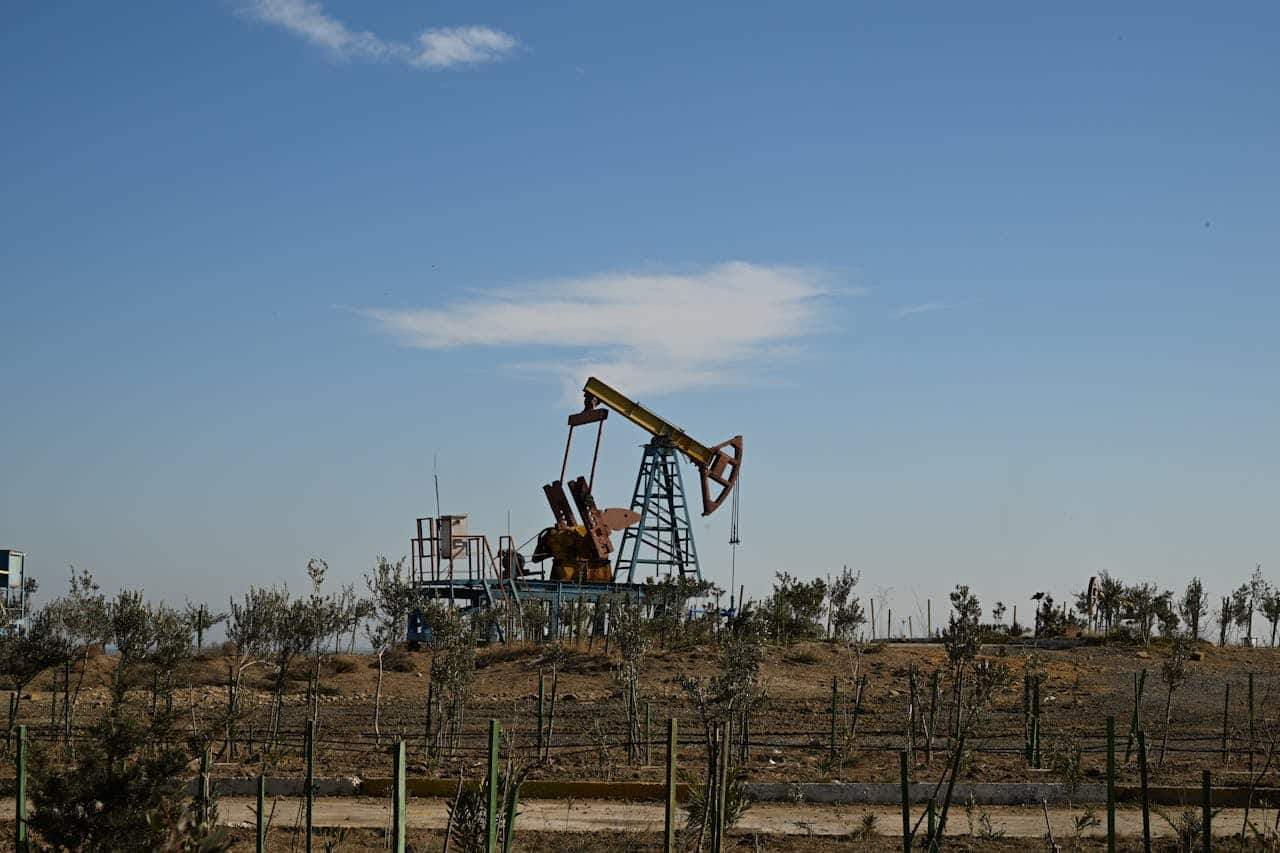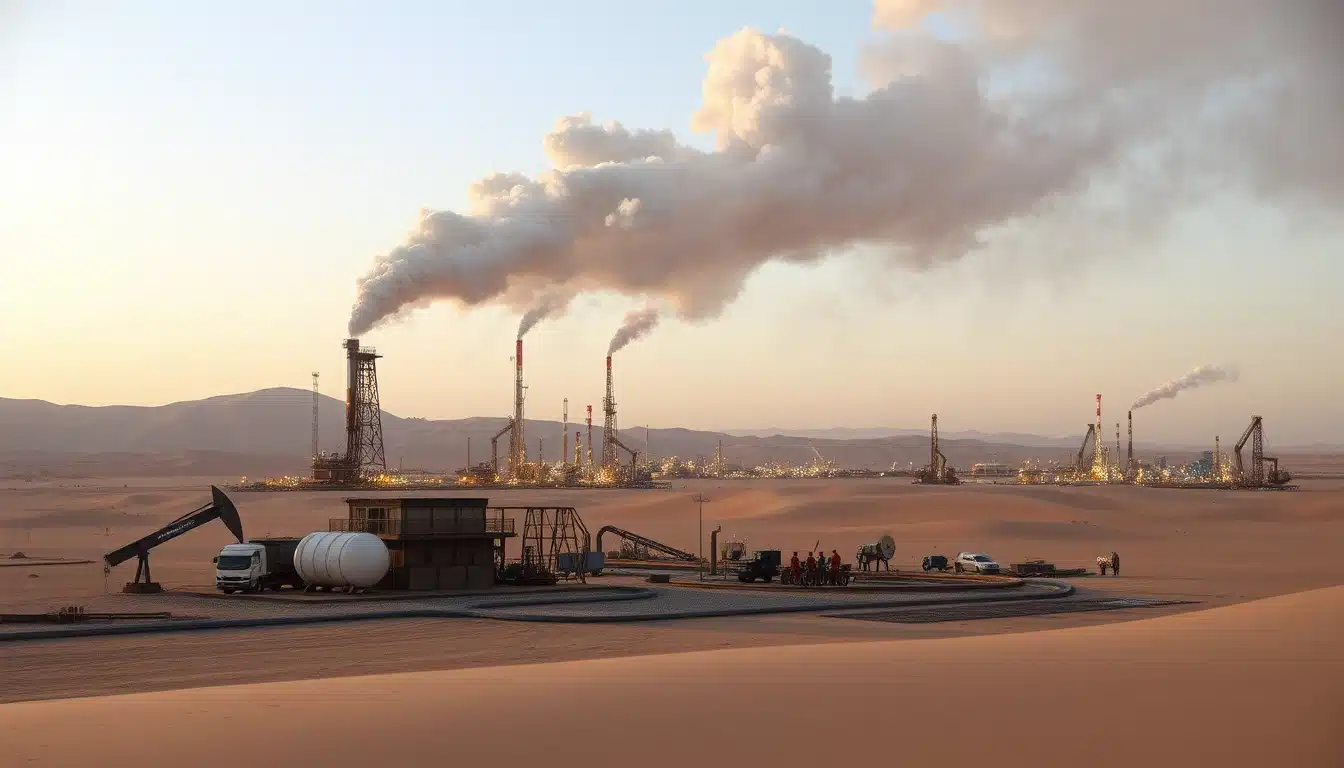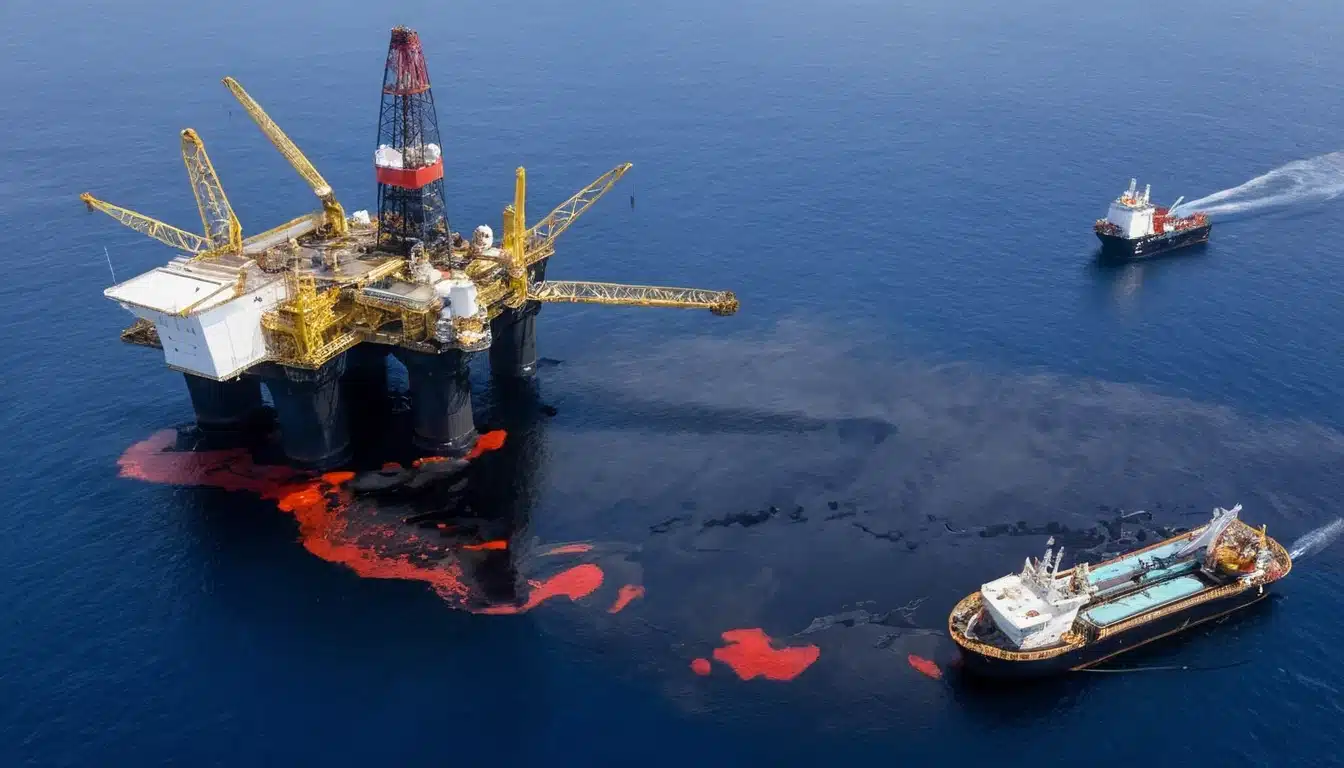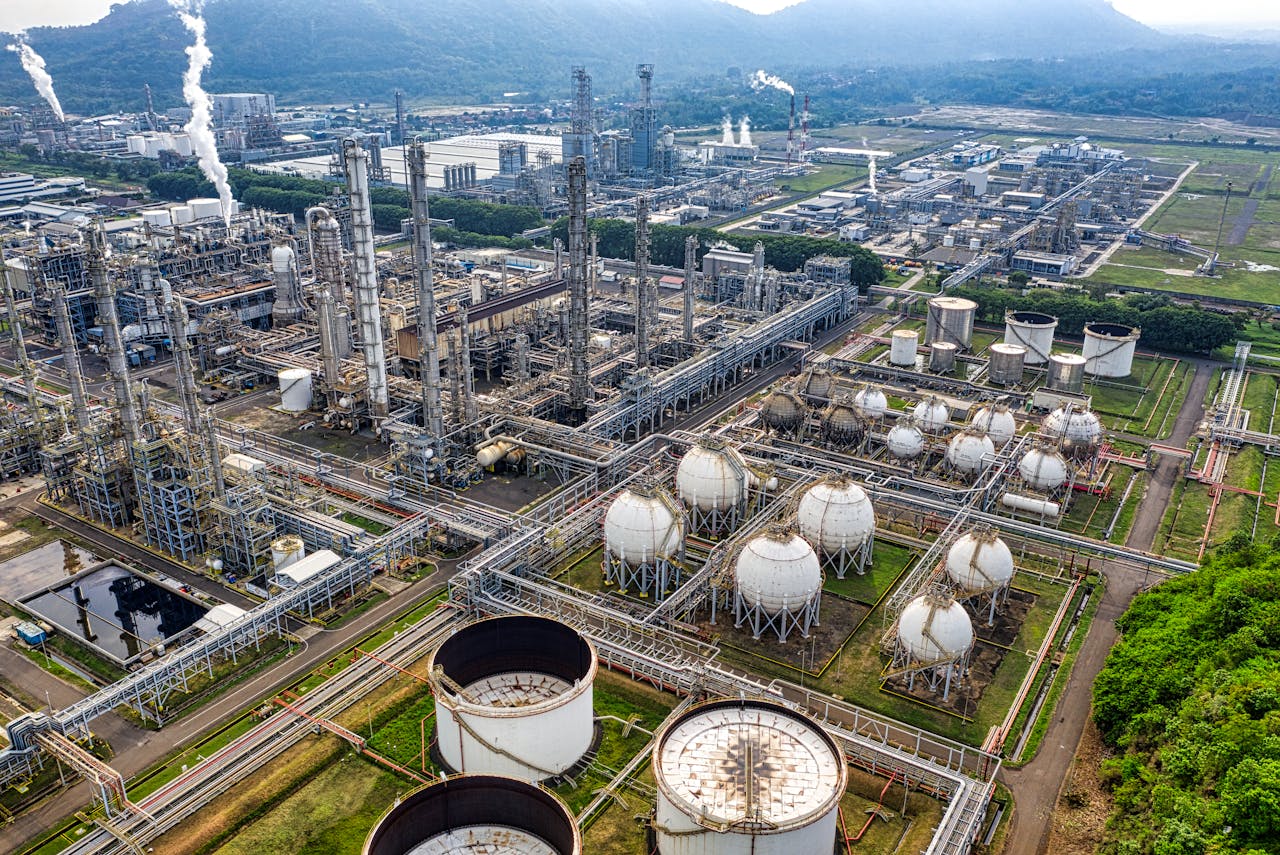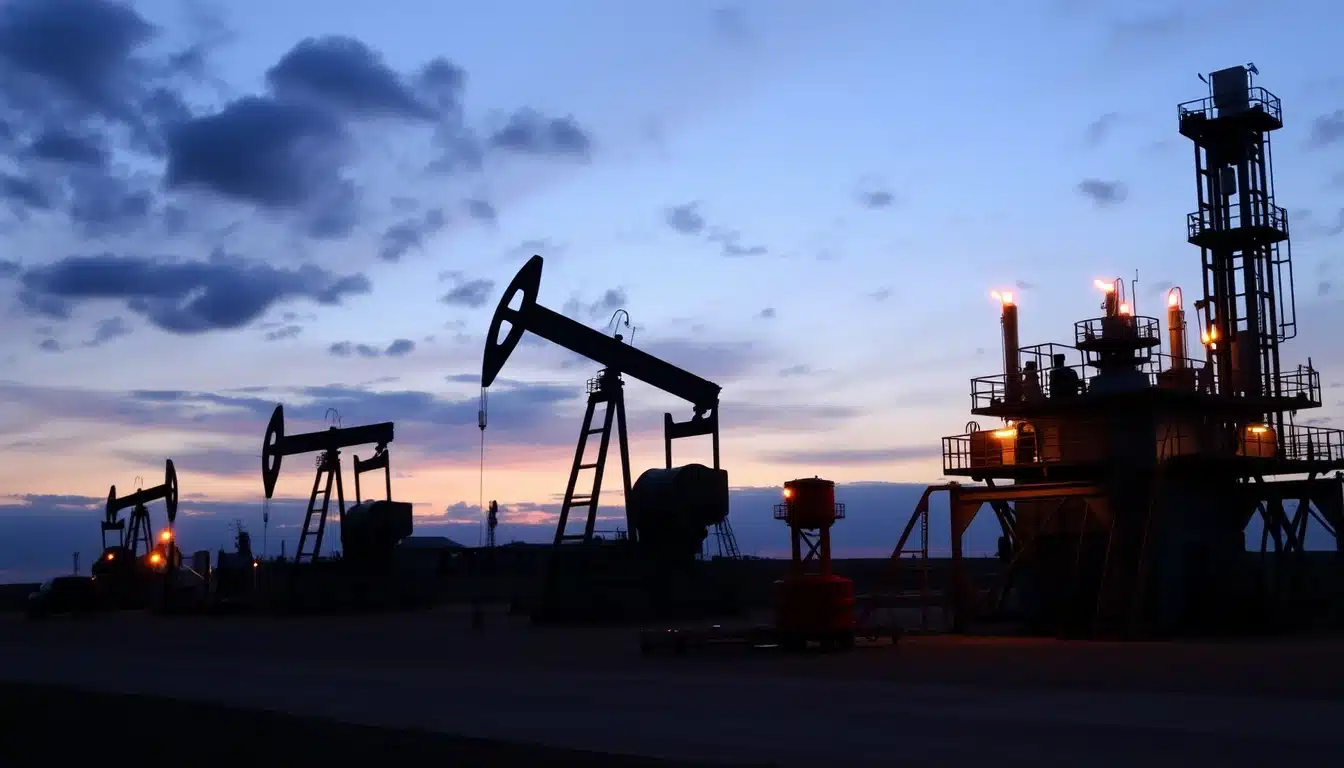Petroleum Downstream Licensing and Technical Committee Training Program
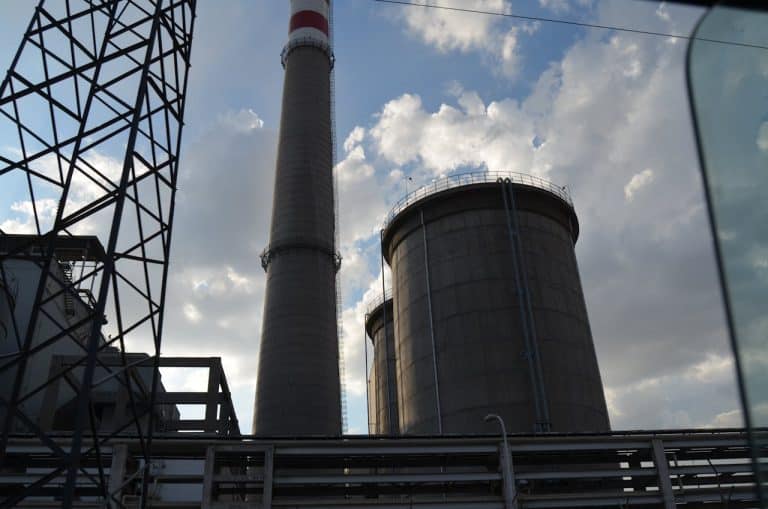
| Date | Format | Duration | Fees (USD) | Register |
|---|---|---|---|---|
| 17 Nov - 28 Nov, 2025 | Live Online | 10 Days | $7735 | Register → |
| Date | Venue | Duration | Fees (USD) | Register |
|---|---|---|---|---|
| 01 Dec - 05 Dec, 2025 | Stockholm | 5 Days | $6305 | Register → |
Did you know that as of 2023, the downstream oil and gas industry was estimated at about £3.5 trillion, making it a vital industry in the energy sector? This compelling statistic underscores the critical importance of rigorous regulatory frameworks and technical expertise in today’s downstream operations.
Course Overview
The Petroleum Downstream Licensing and Technical Committee Training Program is meticulously designed to equip professionals with comprehensive knowledge in downstream operations, regulatory compliance, and technical committee operations. This programme focuses on safety, environmental protection, and operational efficiency to ensure participants can effectively navigate the complex landscape of downstream petroleum operations.
Why Select This Training Course?
Selecting this Downstream Licensing Course offers numerous advantages for professionals involved in refining and petrochemical operations. Participants will gain advanced knowledge of regulatory frameworks, technical standards, and operational excellence. The course provides hands-on experience with compliance and operational technologies, enabling attendees to optimise their downstream operations effectively.
For organisations, investing in this training enhances overall operational efficiency and strengthens regulatory compliance. By ensuring that personnel are well-trained in downstream operations, organisations not only protect their assets but also build sustainable practices. Research shows that companies implementing comprehensive regulatory frameworks can significantly improve performance. For instance, Singapore’s downstream sector demonstrated how effective governmental policies and measures could transform a nation into a world-class refining hub.
Individuals who complete this course will benefit from enhanced career prospects as they become more valuable assets in their respective fields. The skills acquired through this training can lead to professional growth and increased responsibilities within their organisations. Studies from Rosneft’s experience highlight the critical importance of modernisation and capital investments in new technologies for enhanced production and competitiveness.
Transform your downstream operations expertise – Join our next session!
Who is this Training Course for?
This Petroleum Downstream Licensing and Technical Committee Training Program is suitable for:
- Managers and executives in refining and petrochemical companies.
- Engineers and technical staff in downstream operations.
- Regulatory compliance officers in the petroleum sector.
- Members of technical committees or licensing bodies.
- Quality and safety professionals in downstream facilities.
What are the Training Goals?
The objectives of this training course are to enable professionals:
- To master the regulatory and technical aspects of downstream licensing.
- To understand and apply the latest technologies in refining operations.
- To develop strategies for compliance and operational excellence.
- To prepare for leadership roles within technical committees and regulatory frameworks.
How will this Training Course be Presented?
The Downstream Licensing Program employs a comprehensive and innovative approach to ensure maximum knowledge retention and skill development. Expert-led instruction from seasoned industry professionals forms the core of the course, providing up-to-date insights into modern downstream operations and practical applications.
Our dynamic training methodology includes:
- Engaging interactive webinars with industry experts, offering direct insights into current practices
- Immersive workshops simulating licensing and technical committee scenarios
- In-depth demonstrations of compliance and operational technologies
- Thought-provoking collaborative projects on regulatory challenges
- Comprehensive access to extensive digital resources covering standards and best practices
Ready to master downstream operations? Secure your spot today!
Course Syllabus
Module 1: Regulatory Frameworks for Downstream Operations
- Legal responsibilities in downstream operations.
- Managing regulatory audits and inspections.
- Ethical considerations in regulatory compliance.
- Continuous updates on regulatory changes.
- Strategies for navigating multi-jurisdictional operations.
- Documentation for compliance and licensing.
- Influencing policy through committee involvement.
Module 2: Licensing Procedures and Documentation
- A step-by-step guide to obtaining downstream licenses.
- Documentation needed for licensing applications.
- Training for staff on licensing requirements.
- Managing licensing in joint ventures or partnerships.
- Legal implications of non-compliance with licenses.
Module 3: Technical Standards in Refining
- Standards for refining processes and equipment.
- Quality control in petrochemical production.
- Technical specifications for fuel products.
- Standardisation in safety and health practices.
- Ensuring product consistency across operations.
- Adapting to new standards and technologies.
- Benchmarking performance against industry standards.
Module 4: Environmental Management in Downstream
- Compliance with emissions and waste regulations.
- Strategies for reducing carbon footprint.
- Water management in refining processes.
- Air quality control in petroleum operations.
- Hazardous waste management from refining.
- Noise, vibration, and soil pollution control.
- Life cycle assessment of refining operations.
- Integration of green technologies in refining.
- Reporting and documentation for environmental compliance.
- Biodiversity protection near refining facilities.
- Strategies for spill prevention and response.
- Continuous improvement in environmental practices.
Module 5: Health, Safety, and Security
- Safety management systems in downstream facilities.
- Risk assessment for refining operations.
- Emergency response planning for incidents.
- Fire and explosion prevention strategies.
- Occupational health in refining environments.
- Security measures for critical infrastructure.
- Training for emergency response teams.
- Incident investigation and learning processes.
- Personal protective equipment standards.
- Managing chemical exposure risks.
- Safety culture development in refining.
- Compliance with health and safety regulations.
Module 6: Quality Assurance and Control
- Quality management systems in refining.
- Lab testing protocols for petroleum products.
- Statistical process control in refining.
- Managing quality deviations and non-conformities.
- Calibration and maintenance of testing equipment.
- Traceability in the production process.
- Customer feedback integration for quality improvement.
- Training for quality assurance personnel.
- Audits for quality management systems.
- Product blending for quality optimisation.
- Compliance with international quality standards.
- Innovations in quality control technologies.
Module 7: Automation and Digital Transformation
- Digital tools for monitoring and control.
- Automation in refining processes for efficiency.
- IoT for real-time data in operations.
- AI and machine learning for predictive maintenance.
- Digitalisation of compliance documentation.
- Cybersecurity in refining operations.
- Big Data analytics for operational insights.
- Virtual reality for training and simulations.
- Blockchain for supply chain transparency.
- Integration of SCADA systems in refining.
- Energy management through digital solutions.
- Preparing for future tech in downstream operations.
Module 8: Project Management in Refining
- Project lifecycle management downstream.
- Scope, time, and cost management in projects.
- Stakeholder management in complex projects.
- Risk management specific to refining projects.
- Resource allocation for project phases.
- Project scheduling and critical path analysis.
- Quality assurance in project execution.
- Change management during the project lifecycle.
- Managing project scope changes.
- Commissioning and start-up of new facilities.
- Lessons learned for future project enhancements.
- Integration of technology in project management.
Module 9: Operational Efficiency and Lean Practices
- Lean methodologies in refining operations.
- Continuous improvement techniques like Six Sigma.
- Performance metrics for operational efficiency.
- Waste reduction in refining processes.
- Energy efficiency in refining operations.
- Process optimisation through data analysis.
- Capacity planning and scheduling.
- Reducing non-productive time in operations.
- Lean supply chain management for refining.
- Benchmarking against industry standards.
- Cost management strategies in refining.
- Enhancing operational resilience.
Module 10: Technical Committee Operations
- Role and responsibilities of technical committees.
- Structuring and managing committee meetings.
- Decision-making processes within committees.
- Developing and revising technical standards.
- Interaction with industry and regulatory bodies.
- Training for committee members.
- Facilitating innovation through committee activities.
- Conflict resolution in committee settings.
- Documentation and reporting for committees.
- Influence on policy and industry practices.
- Ethical conduct in committee operations.
- Continuous education for committee members.
Training Impact
Research indicates that organisations implementing structured downstream training programmes have demonstrated measurable benefits in both operational efficiency and regulatory compliance. Case studies highlight the following comprehensive improvements:
From Singapore’s downstream sector implementation:
- Transformed into a world-class refining hub through effective policies
- Enhanced competitive advantage in the global market
- Improved operational efficiency through modernisation
- Strengthened regulatory compliance and technical expertise
Additional benefits include:
- Significant improvement in licensing and compliance processes
- Enhanced decision-making capabilities in technical committees
- Improved ability to handle complex regulatory requirements
- Strengthened operational excellence through best practices
- Increased competitiveness through comprehensive downstream strategies
Transform your career in downstream operations – Enrol now!


